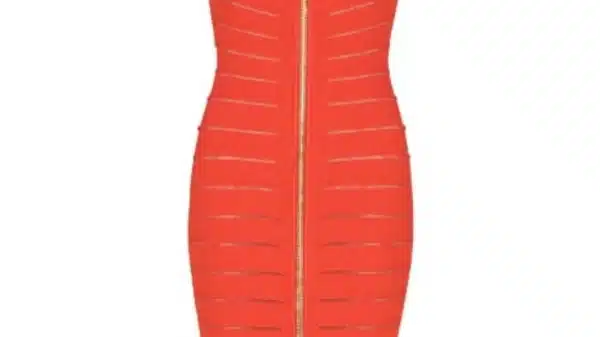The French Senate took a significant step forward on June 10, 2025, by adopting a bill aimed at regulating the fast fashion industry. This legislation comes as a response to growing concerns regarding environmental damage, overconsumption, and the negative economic impact of “ultra” fast fashion brands like Shein. You’ve probably noticed how easy and tempting it is to scroll through these online stores, filling your cart with trendy items at unbelievably low prices. But behind those enticing deals lies a serious issue: the cost to our planet and our local economies is staggering.
The rapid rise in fast fashion has led to pollution and market saturation, particularly with Chinese-founded e-commerce giants like Shein, which are known for low-quality garments that are easy to order and even easier to discard. The bill’s proponents argue that it’s not just about preventing environmental degradation—it’s also about ensuring that local clothing businesses can thrive in an ever-competitive market.
Before reaching the Senate, the bill had already passed in the National Assembly in March 2024, garnering overwhelming support with 337 votes in favor and only one against. But this isn’t the end of the legislative journey; the next step is a joint committee meeting scheduled for September, where senators and deputies will create a unified text prior to final adoption. The European Commission’s input will also be necessary to guarantee the bill’s compliance with EU laws.
Minister for Ecological Transition, Agnes Pannier-Runacher, highlighted the bill’s significance, stating it serves as a “major step in the fight against the economic and environmental impact of fast fashion.” It’s a powerful message aimed as much at businesses as it is at consumers. After all, every time we purchase a cheap shirt, we should consider the environmental cost and what it means for our clothing landscape going forward.
In France, fast fashion has become a substantial market: from 2010 to 2023, the value of advertised products surged from 2.3 billion to 3.2 billion euros. Each year, approximately 48 clothing items are released per person, with a shocking 35 being discarded every second. These statistics from the environmental agency Ademe are hard to ignore. Pannier-Runacher referred to fast fashion as a “triple threat,” contributing to overconsumption, ecological damage, and jeopardizing local clothing industries.
Interestingly, the Senate made modifications to focus specifically on “ultra” fast fashion companies, epically targeting brands like Shein and Temu while exempting French and European brands like Zara and H&M from certain regulations. This amendment raises questions: Are we truly addressing the broader issues, or are we just shifting the target?
In a bid to raise awareness, the bill will require large fast fashion companies to disclose the environmental impact of their products. “I have no intention of making French brands that contribute to our country’s economic vitality pay a single euro,” stated Sylvie Valente Le Hir, a member of the right-wing The Republicans party and rapporteur for the bill. It reflects a careful balancing act: promoting sustainability while safeguarding local businesses.
The proposed legislation also includes an “eco-score” system to evaluate companies based on their environmental policies. Those with lower scores may face a government tax of up to five euros per product by 2025, which could increase to ten euros by 2030. It’s a hard-hitting approach but one that advocates believe is necessary for long-term change.
Sanctions extend beyond companies to influencers who promote fast fashion items, and advertisements for such products will also be banned. Yet, as Quentin Ruffat, a spokesperson for Shein, remarked, successful regulation requires a “collective effort,” asserting that targeting a single company does not address the larger issue at hand. Ruffat warned that the law could adversely affect the purchasing power of many consumers, igniting a vital conversation about cost, access, and what we value in our clothing choices.
France’s Textiles Industry Union welcomed the bill as a “first step” toward better practices, but they cling to hope for a “rapid adoption” of a final version that fully meets their expectations. It’s clear the conversation around fast fashion is shifting, and as consumers, we’re being called to consider not just what’s in our closets, but also the wider implications of our shopping habits. This is just the beginning, and how we respond could reshape our fashion landscape for years to come.
Image Source: Unsplash























